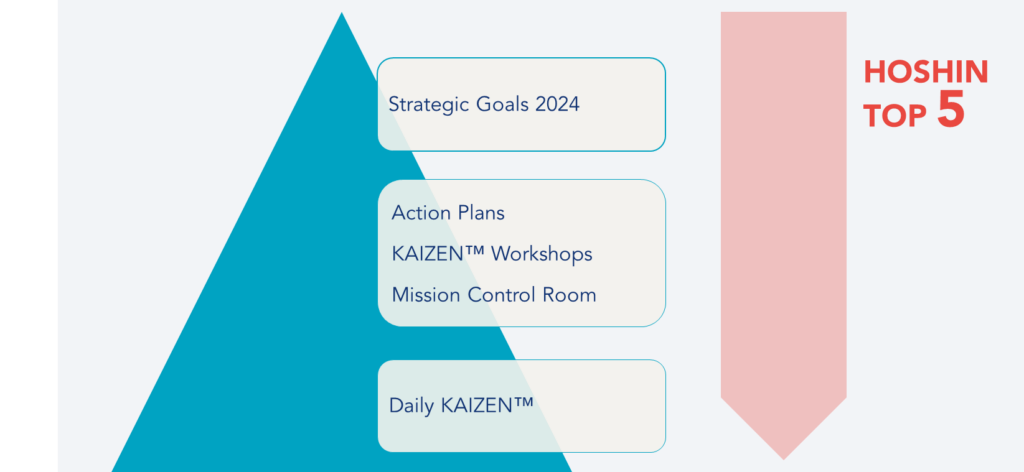The Company
Established at the beginning of the 20th century and headquartered in Portugal, this entity is a global reference in the textile sector, specializing in the sustainable production of innovative fabrics for the fashion market. Committed to sustainability, it continuously strives to reduce its ecological footprint through responsible practices ranging from the selection of raw materials to the development of fabrics with a reduced environmental impact.
With a strong commitment to innovation, it invests significantly in research and development to offer fabrics that combine comfort, durability, and aesthetics. Thanks to its commitment to quality and environmental responsibility, it has earned the trust of several renowned brands and designers.

The Challenge
Aiming to achieve carbon neutrality by the year of 2027, the company adopted a strategic vision focused on profitability, sustainability, and well-being. This environmental commitment led to the implementation of technologies and practices that resulted in a significant reduction of its CO2 footprint, notably through the installation of a biomass boiler, which is characterized by being neutral in terms of greenhouse gas emissions. This focus on sustainability is a natural extension of its business philosophy, which values continuous improvement and the Kaizen culture in the workplace.
The Approach
The implementation of the biomass boiler followed a strategic and detailed roadmap, from contracting and installation to regular steam production, fully integrated with the top management’s strategic objectives. This process involved various phases, from the necessary civil construction to house the boiler to its assembly and the start of effective operation, culminating in the integral steam production by the new installation.

Based on the Strategic Goals defined by Top Management, the company deployed and defined initiatives impacting different action plans. Throughout this implementation, improvement workshops played a crucial role, serving as platforms for identifying optimization opportunities and for the design and implementation of innovative solutions. These collaborative sessions fostered an environment of idea and experience sharing, enhancing creativity and the involvement of the entire team.
Project management and progress monitoring were facilitated by establishing a Mission Control Room that allowed continuous monitoring of the initiatives and making strategic adjustments in real time. This centralized approach ensured that actions remained aligned with objectives and enabled a quick response to any upcoming challenges.
Finally, the practice of Daily Kaizen reinforced the culture of continuous improvement, encouraging all organization members to contribute with small improvements in their activities. This continuous approach to innovation and efficiency allowed for constant process evolution, keeping the company at the forefront of sustainability and operational efficiency.
Results
The introduction of the biomass boiler had a substantial impact, managing to supply a large percentage of the necessary steam for operations in its first year of operation, with expectations to increase that contribution in the following year. This advancement not only significantly reduced the dependence on fossil fuels but also marked an important step in reducing the CO2 footprint by 40%. Additionally, the implementation of a culture of continuous improvement and the adoption of the Kaizen philosophy resulted in significant improvements in operational and financial efficiency. This translated into an increase in business volume and improvements in economic and operational performance indicators.
The company’s trajectory over the years 2022 and 2023 is promising. In 2022, the company recorded a business volume of 89 million euros, accompanied by an EBITDA of 11% and an overall equipment effectiveness (OEE) of 79%. These indicators reflect a solid foundation on which the company continued to work, as evidenced by the 2023 results. The business volume in the year 2023 increased to 94 million euros, the EBITDA rose from 11% to 14%, and the OEE increased to 83.3%. This positive evolution not only demonstrates effective management and a solid operational strategy but also positions the company on a trajectory of sustainable growth and increased market competitiveness.
This case study exemplifies how the integration of sustainable practices and the adoption of a culture of continuous improvement can result in significant benefits for both the environment and the company.
See more on Improvement Projects
Find out more about improving this business area
See more on Sustainability
Find out more about improving this business area
